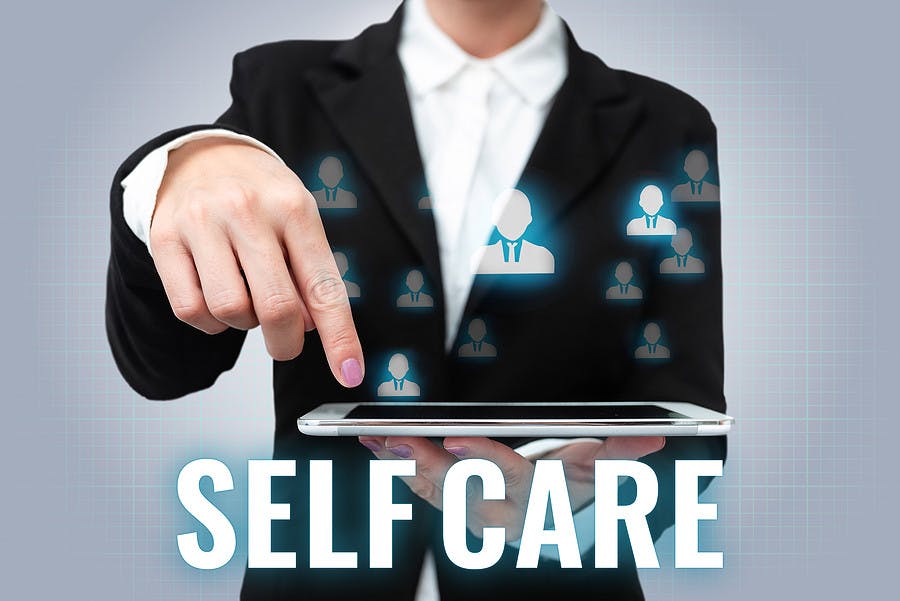I’m pretty sure most of us can recall the routine safety demonstrations flight attendants show us just before take off. As well as guidance on where the emergency exists are, and how to inflate your inflatable life preserver, there’s one crucial piece of advice that has always stuck in my mind: put your own mask on before helping others. After all, how can you help your co-passengers if you yourself are about to pass out?
To me, this recommendation acts as a fitting analogy to the monumental challenges HR has had to navigate over the past two and a bit years – only in this case, HR has been helping others put on their masks on first rather than fixing their own ones.
It is, of course, easy to understand why. HR teams, the world, over have served heroically as the backbone behind business continuity. Managers have had to become more human in their managerial approach (something for which HR can take due credit), while employee wellbeing has catapulted up the business agenda. One-to-ones are finally evolving from performance-centric discussions to broader conversations around wellness, development, and motivation. In short, if senior leaders didn’t realise HR’s criticality before, they must certainly do now.
HR has triumphed – but at a cost
Wanting to help others is a noble trait and it says a lot about the character and commitment of those who pursue a career in human resources. The problem is, it’s not a viable solution for anyone. We should not kid ourselves. While the people department has shouldered the brunt of all the above, as well as the shift to remote and hybrid work, let’s be honest, it’s been a grueling journey for most.
So here’s the big question: are HR workers heeding their own advice and reaping the benefits for themselves? I’d argue that the majority are still focused on serving others.
HR professionals are burned out
Two years on from the first lockdown, the level of HR burnout we’re seeing is unreal.
Year-to-date figures from B2B data platform, Honch, already show a 300% increase in HR appointments against the same period last year. That suggests a phenomenal rate of churn, with all indications pointing to burnout as the primary cause. Ironic as it may be, HR’s battle to beat The Great Resignation is now fueling The Great HR Resignation.
But HR teams need more than a holiday, they need radically improved processes and a culture that benefits themselves as well as the wider workforce.
Help for HR: holistic conversations
Key to solving this must be an understanding that HR must help itself before it can help others.
But more than this, HR leaders also need to understand the factors that motivate and engage their direct reports. And to me, I think it’s the importance of frequent and effective conversations.
We’re not talking about the same performance-led one-to-ones that were typical two years ago however. HR needs no convincing of their futility. Instead (and to really support HR in these uncertain times), conversations must cover a wide breadth of content beyond just performance ratings and objectives. Rather than performance, matters relating to wellbeing, motivation and development should really be shaping and driving these employee-led conversations.
But of course, we can’t group every exhausted HR professional into the same bucket. As humans we’re all inherently different and so there’s no one-size-fits-all fix. That said, we still need to deploy the right strategies and tools that can capture these unique drivers and enable HR workers (and all employees) to show their human side while communicating exactly what it is they need in order to feel better and stay engaged.
Dismantling HR burnout
Few HR professionals would now question the value of these conversations, yet there’s still a tendency to put them on the backburner as HR firefighting takes over.
While this may be understandable, it’s also making a difficult job even harder. Why? Because ensuring effective manager-employee conversations within the HR function will actually help to reduce workloads.
Rather than assuming more conversations means more work (it doesn’t), the onus here is on using the right strategies and tools that can support effective conversations in a simple and painless way. Done well, it will also provide HR teams with invaluable data from which to inform more strategic decision-making and better people experiences.
Far from being the ‘fluffy’ side of HR, enabling effective conversations at work now represents the single, fastest route to dismantling HR burnout and building a more sustainable department – both for HR and the employees they serve.
